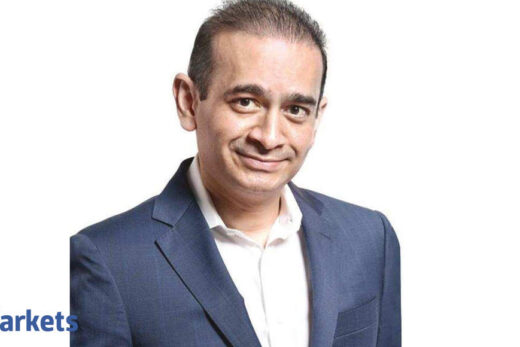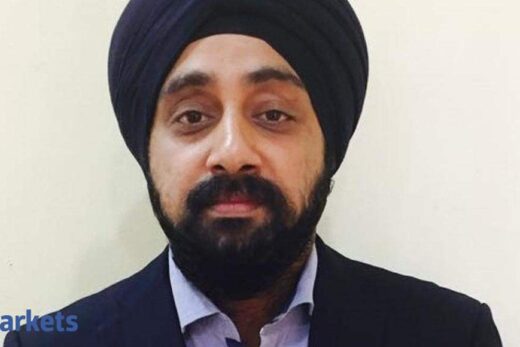Writing a will yourself and the caveats
Primarily, a Will states what and how the writer’s assets are to be distributed after discharging liabilities of the writer. A person who writes a Will is called a testator. Though a Will can be drafted in a simple manner by a person himself/herself even when sitting at home, it is can be very difficult to prove in court if the Will is contested by any person post the demise of the testator, in a situation where the Will is ambiguous. This is because even a simple Will can have hidden complexities. Our experience shows that contests to a Will can be a gruelling experience for the heirs lasting over decades, as often a resolution between family members is not achievable due to egos and high-handed attitude of the contesting parties.
Writing a will from home
However, in the current pandemic where meeting legal advisors is difficult, we have often seen individuals draft their Wills from home and send the final draft via email for vetting and finalisation by their advisors. So how does one write a Will?
List of assets and liabilities
Before we get into the specific format of a Will, an important task for the person is to make a list of his assets and liabilities and categorise those into the following:
(a) Moveable properties such as cash, stocks, etc which will keep changing till the demise of the person;
(b) Immoveable properties, such as land, apartments, which are less likely to change; and
(c) Lastly a bucket comprising jewellery, family heirlooms, which have sentimental value for the family.
Liabilities subtractable from asset value
It is also important to bear in mind that the liabilities of the person would be adjusted against the overall estate (assets) of the person thereby reducing it to some extent. . Consequently, the testator should keep this in mind while distributing his/her assets in the will.
Add heirs as joint holders/nominees
In respect of moveable properties, it may be wise to include the heir to be added as a joint account holder / nominee such that transmission/transfer of the asset post your demise is a smoother process.
With respect to immoveable properties, it would be wise to leave specific properties to a particular individual, rather than leaving it to two or more persons jointly to prevent disputes among heirs over the management of such properties. If it is not possible to segregate individual properties to individual heirs, then it can be provided in the Will as to how the heirs can distribute the properties among themselves. For example one way would be to state in the Will that one party can buy out the other heir at market value or at a pre-fixed price. , It must be noted that a nomination for a house/flat with a housing society only makes the nominee a trustee of the property (post the owner’s demise) and not the legal heir unless the nominee’s name is specified in the Will as the heir to that property. In respect of heirlooms which have sentimental value, not only is it important to mention the heir to a specific heirloom, it may also be wise to mention why such person should receive it.
Also read:
All you need to know about estate planning, inheritance, will and more
How to choose an executor
Second most important would be to identify person(s) who is/are close confidante(s), who would be willing to act as executor(s) of the Will. An executor of a Will is entrusted with the task of collecting the assets of a person, discharging the liabilities from such assets and thereafter distributing the same as per the Will. . This process is called administration of the Will. Ideally, the executor chosen should be a trusted person and also younger than the testator to reduce the chances of the executor dying before the testator. The executor dying before the testator would increase complexities by making it necessary for the heirs to appoint another administrator.
Witnesses to the Will
Next, the Will maker needs to identify two individuals who are not receiving any part of the assets under the Will but who are willing to testify that they saw the testator execute the will in front of them. They may also have to confirm that the person was of a sound mind and wrote the will out of his/her own free will. These persons are called attesting witnesses and typically, lawyers, doctors, CAs are chosen to do the same. It is important to include the name, address and telephone number of the person in the Will itself so that the heirs have no difficulty in tracing the attesting witnesses. If the testator is of an advanced age, a fitness certificate from a registered doctor can also be included and attached to the Will.
Registration and videography
While it is not mandatory to register a Will, in case the testator expects that the heirs are likely to challenge the Will, it may be a good idea to do so. The testator may also video-graph the Will where the testator himself reads out the Will before a camera. All these acts add towards reducing the challenge to the Will and making it stronger.
Where to keep the Will
The testator should keep the will at a place where it can be easily found, such as in the cupboard as well as a copy of the Will should be left with the legal advisors.
A typical format of a Will is as follows:
I, (name of the testator), son of …, aged about …, of …. religion, citizen of …., residing at ….., do hereby declare this to be my last will and testament which I make on this ______ day of __________ 2021 at ____________ (“Will”) as under:
DECLARATION
1. I hereby revoke all my previous wills and codicils thereto, if any.
2. I am of good health and of sound mind and capacity and I am making this Will out of my free will.
APPOINTMENT OF EXECUTORS
3. I hereby appoint ________, residing at ______ as the sole executor and administrator of my Estate (“Executor”) in so far as this Will is concerned.
PAYMENT OF FUNERAL EXPENSES, TAXES AND DUTIES
4. The Executor shall, from my Estate, expend such amounts towards my funeral and obsequial ceremonies as may be required. My Executor shall not be obligated to give accounts thereof to anybody.
5. I hereby direct my Executor to pay all such debts, liabilities, taxes, duties, fees, etc., which concern the Estate and which I may leave after my demise from my Estate itself. The balance of such Estate shall be collected and dealt with in the manner specified herein below.
DEVOLUTION OF ESTATE
6. I own and possess certain properties and assets on the date of this Will which have been listed in Schedule A which form part of the Estate. The assets listed in Schedule A are not an exhaustive list of all assets owned by me and that the mention of the aforesaid assets is merely to give the Executor an indication and a direction to proceed further.
7. I GIVE, DEVISE and BEQUEATH, absolutely and forever, to _____, all my right, title and interest in the following assets:
Do mention the names of the persons to receive the assets, and also mention an alternative name in case the person to receive the bequest has passed away prior to the writer of the Will.
Authority to executor
8. I hereby further declare that my Executor shall have full powers and the authority to sell, call in and convert into money any / all of my financial investments which I may be possessed of at the time of my demise and distribute the proceeds thereof.
9. The Executor may reimburse himself from my Estate reasonable expenses incurred towards the completion of the execution and probate formalities.
10. The Executor shall be empowered to appoint and consult with any professional services for better undertaking his / her responsibilities in accordance with my wishes.
11. I hereby specifically make it clear that my Executor shall not be personally responsible or be held responsible for any act or omission that may occur in administering my Estate.
IN WITNESS WHEREOF, I do hereby set and subscribe my hand to this my last will and testament on this ________ DAY of __________, 2021.
| SIGNED and ACKNOWLEDGED by the abovenamed testator, _______,as his last will and testament, in the presence of us, who at his request and in his presence and in the presence of each other have hereunto set and subscribed our respective hands as witnesses. | Signature of the author of the Will |
| WITNESS 1
Name: Address: Date: |
Signature of witness 1 |
| WITNESS 2
Name: Address: Date: |
Signature of Witness 2 |
(The author is Partner, Khaitan & Co, LLM (International Law))
(Views expressed are personal.)



